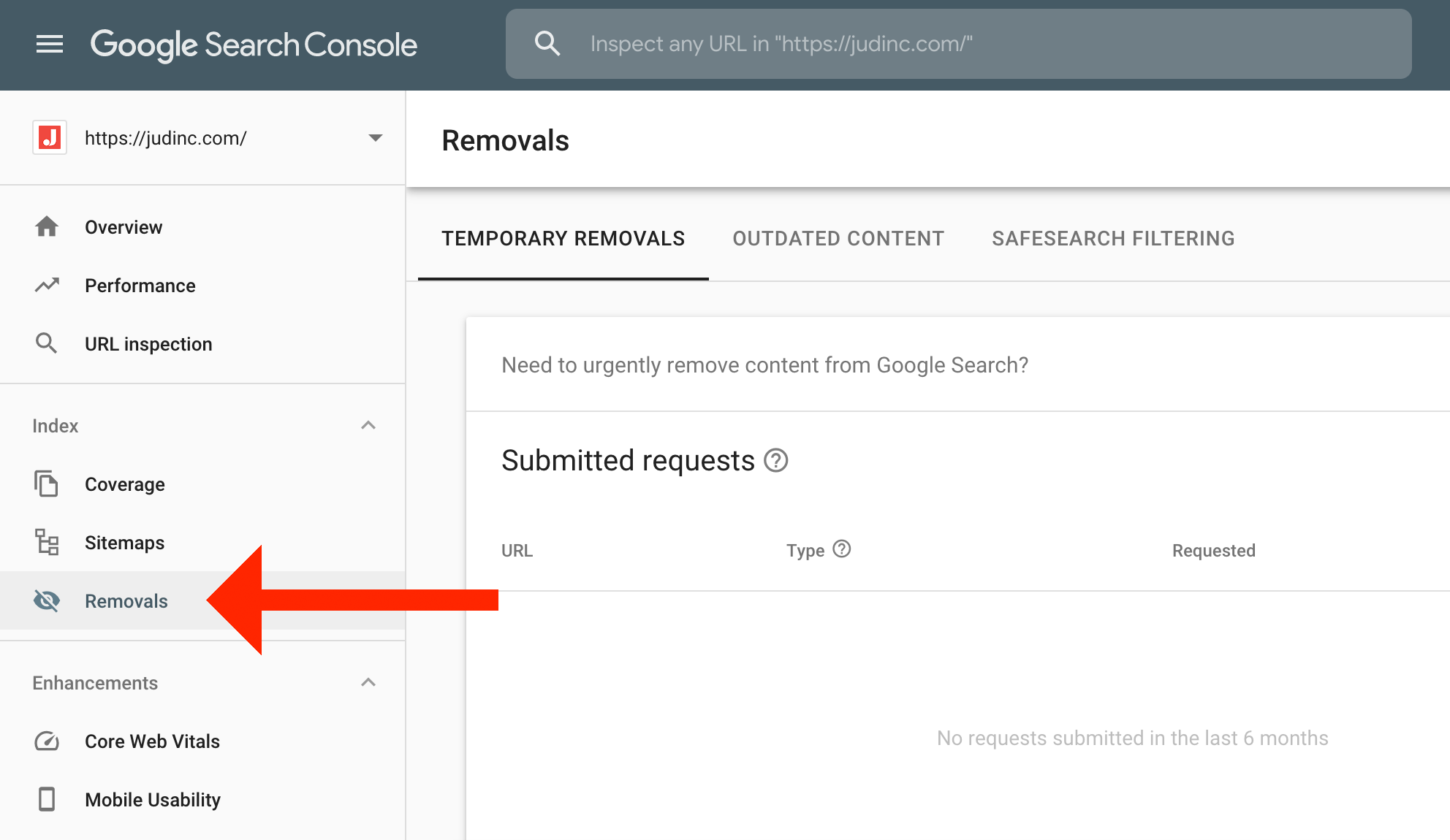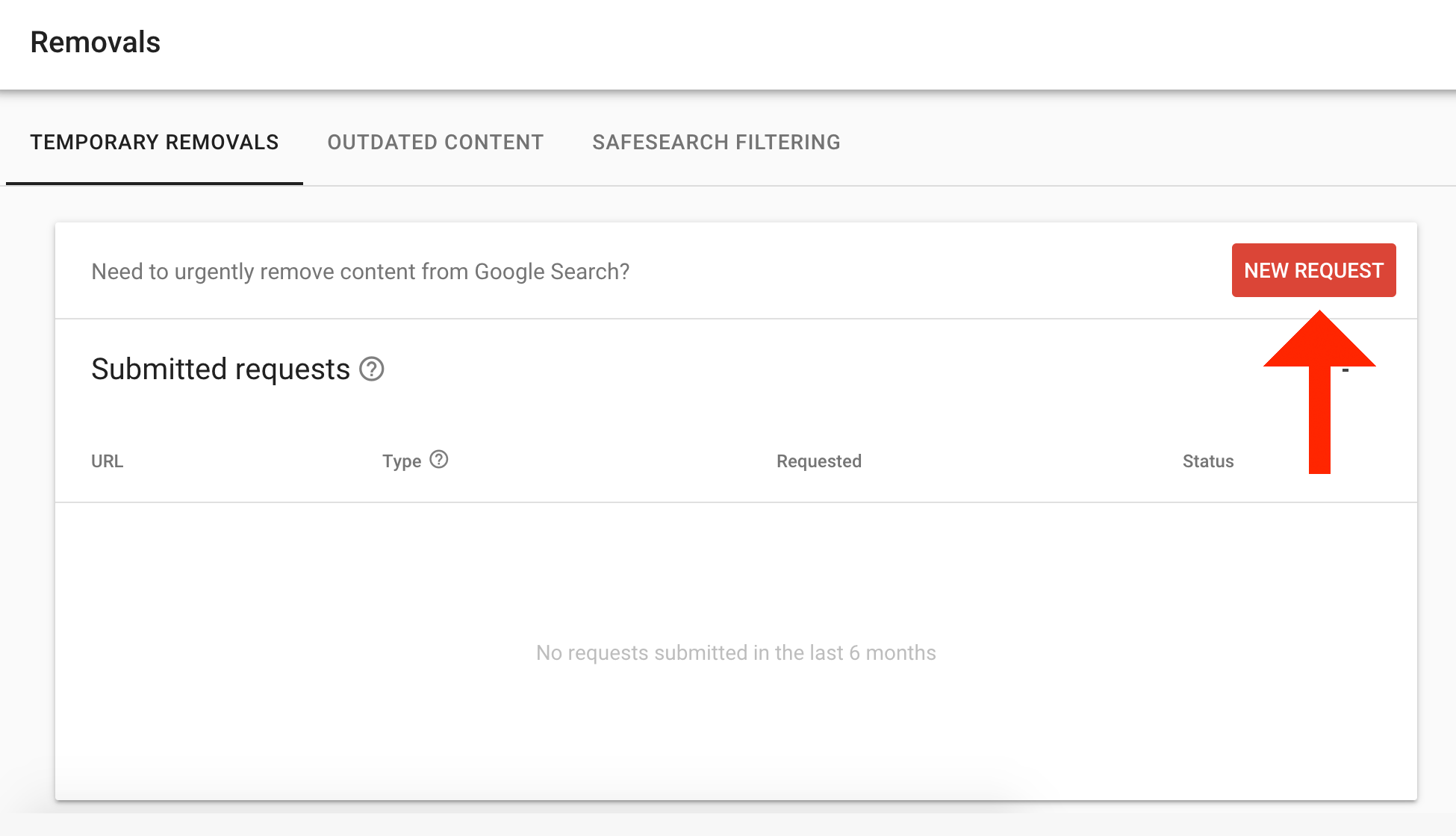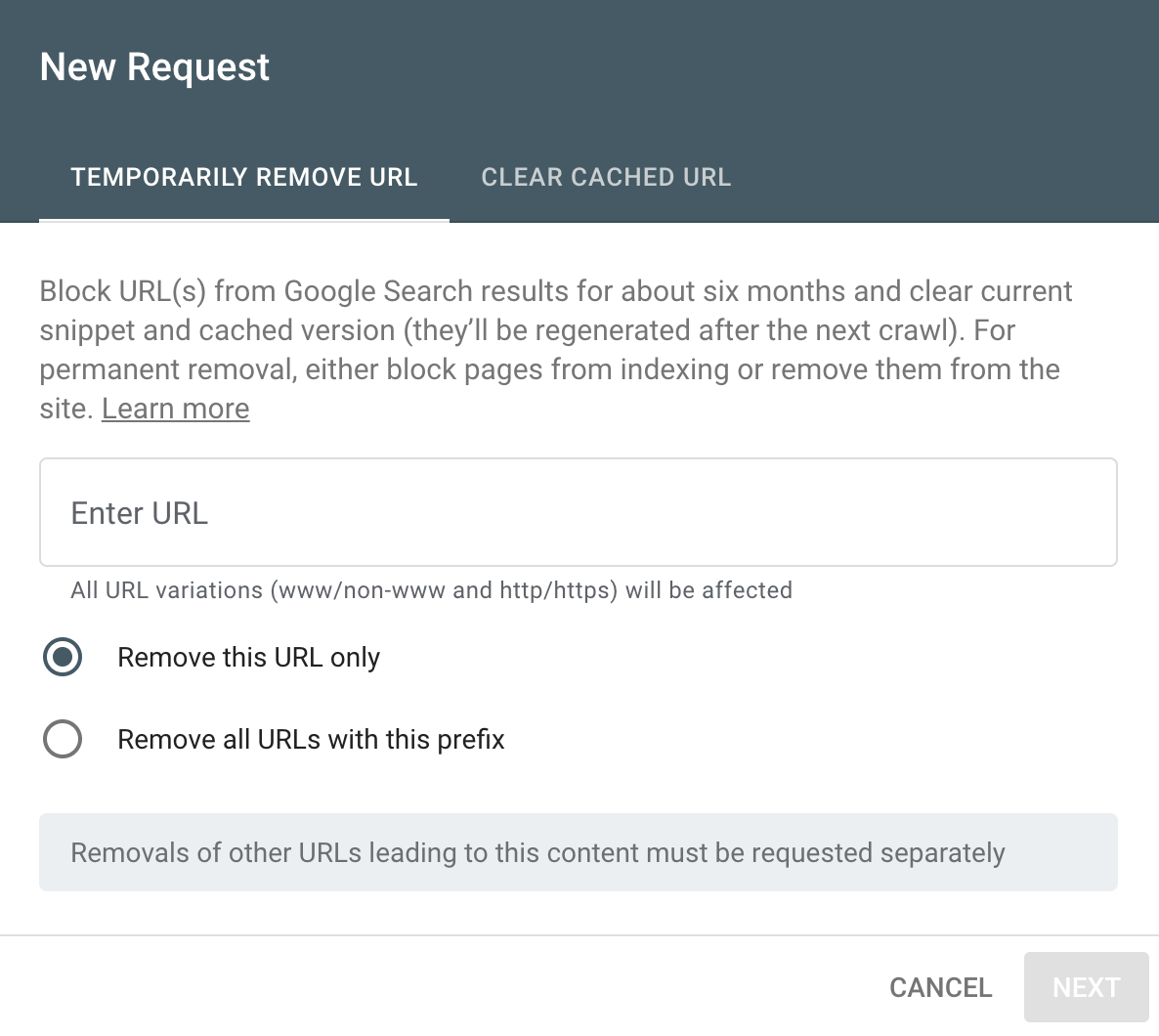Everybody and their cat want to be on the first page of Google, right?
Well, maybe not everybody (or every cat).
Believe it or not, some businesses don’t need to be found on Google. Not all businesses rely on Google for their customers. Instead, they might get their customers through word of mouth, local media, or industry connections.
Having your business easily found on Google will undoubtedly bring you lots of traffic and attention. But with this comes certain downsides you might not have anticipated.
Here are seven reasons why you might not want to be found on Google:
1. People Trying To Steal Your Content
Images, photographs, charts, blog posts, articles, and other copyrighted material are likely to be stolen or taken from your website if you’re indexed by Google.
For visual artists like painters and photographers, this can be a big deal. If you’re a visual artist and you already have a big audience, you don’t need traffic from Google, you just need to show your audience what you’re doing. You certainly don’t want dodgy people snooping around your website and stealing your images.
Although you may have legal recourse if someone steals your work, it can be a lengthy and expensive process with no guarantee of success.
2. Your Business Is In Stealth Mode
If you’re a startup with a brilliant new idea, you might want to keep it away from prying eyes who could steal your concept. It takes time to develop and refine your product before you’re ready to get it to market. Keeping your website secret during this crucial period means you don’t have to worry about being copied, and you’ll have less pressure about your release date.
And if you’re an established entrepreneur who already has a following, you might want to create an air of mystique about what you’re currently up to. Cultivating a quiet buzz about what you’re doing without revealing exactly what it is can build up interest before you’re ready to go public.
3. You Don’t Want Your Name Out There
Say you’re a professional like an attorney or CPA. Perhaps you have a current business but you’re also running a side business, or you’re testing a new project to supplement your main business. This could be expanding into a new area of practice or even trying something different, like coaching or creating a course.
Your current business is important, so you don’t want people in your professional circle finding out about your side gig on Google and thinking that you switched careers. You might just want to test something out without putting your career in jeopardy.
Alternatively, you might be a professional serving a select group of clients and you just don’t want your name in public view.
4. Negative Reviews From Disgruntled People
Negative online reviews should be taken very seriously, with a reported 82% of consumers less likely to use a business after seeing negative reviews. Even one bad review can be devastating to your business.
The problem is compounded by the fact that there are people who will post fake reviews to sabotage your brand even though they haven’t done business with you. These may be competitors, disgruntled former employees, or just random crazy people.
Dealing with negative reviews is part of reputation management. Fortunately, Google has a process for flagging and removing fake Google reviews, but you have to prove your case and success is not a given.
5. People Trying To Sell You Stuff
If you’re like most people, you probably don’t enjoy receiving unsolicited, customized, and generic emails from random salespeople who found you on Google. As well as being irritating, dealing with these emails can be a constant distraction and a potential time-sink.
Unfortunately, sales reps have calculated that they can get a similar number of responses with less work by sending 1,000 untargeted mass-prospecting emails as opposed to sending 100 carefully-crafted, personalized emails to a curated audience.
With U.S. workers spending an average of 3.2 hours checking their work email each day, you might want to keep unsolicited emails to a minimum.
6. Getting Too Many Poor Quality Leads
With only 27 percent of B2B leads qualified and sales-ready, sales reps typically waste much their valuable time sifting through worthless leads. Qualifying leads is a lengthy process involving asking questions, evaluating the answers and following up by phone.
The cost of poor quality leads is not just lost time, but actual lost revenue, as your sales reps may miss the opportunity to speak with better prospects who are much more likely to buy from you.
For certain business models, leads from Google search can be of poor quality. So if you’re getting better quality leads from elsewhere, turning off your search traffic may be a good option.
7. Receiving More Orders Than You Can Handle
Being inundated with orders is many business owner’s dream. But receiving more orders than you can handle brings its own set of problems.
Look at this from your customer’s point of view. They’ve found your website, learned about your product and they’re feeling excited about what it can do for them. They hit ‘buy’ – and they’re told the product is not available. Your customer may decide to go elsewhere and never return. Even worse, they might share their bad experience with others and damage your reputation.
If you’re only selling to a select few customers and are already running at full capacity, you may decide it’s better that you can’t be found on Google.
How To Hide Your Website From Google
So how can you hide your website from Google? Well, there are a number of ways, some more effective than others:
1. Use Google Search Console
Create an account with Google Search Console.
Click the ‘Add a property’ button and enter your website URL.
Open the Removals Tool.

Click on ‘New Request’.

Select the options that match your removal request, fill in the required fields, and click the ‘Submit Request’ button.

This method is only temporary and will only remove your URL from Google’s search results for 90 days.
2. Use robots.txt
The robots.txt file tells search engine robots what they can and cannot access. It sits at the web-root of your domain (for example, yourwebsite.com/robots.txt).
Create a file named robots.txt with the following content:
User-agent: *
Disallow: /
Then place this file in the web-root of your domain.
The robots.txt file will prevent all web crawlers from indexing your website.
This method is not foolproof as Google will still index your website pages that are linked from other websites.
3. Use The Noindex Meta Tag
The noindex meta tag will remove your website pages from the search results or prevent them from getting indexed in the first place.
The no index meta tag is a small code snippet in the head section of the HTML of your site. It tells Google not to show the page in search.
It looks like this:
<meta name=”robots” content=”noindex”/>
You can add this code manually to your website. If you’re using WordPress, plugins like Yoast SEO can do this for you.
This method is a permanent solution, although it can sometimes take days or even weeks for your site to drop out of the Google search results.
If you’re interested in not being found on Google, we can help. Connect with our founder Sean Work using the form below. He’ll be happy to answer all your questions and advise you on the best way to proceed.
Author Bio
Clement Lim is a copywriter and content marketer for SaaS and tech companies. He works with leading brands to create compelling content that drives engagement and generates sales. Connect with him on Linkedin.

